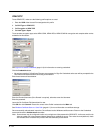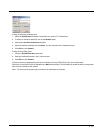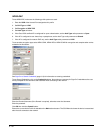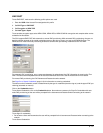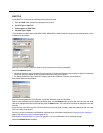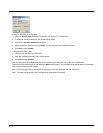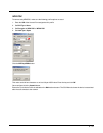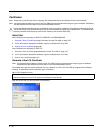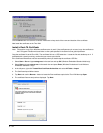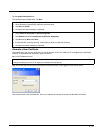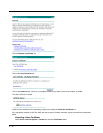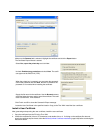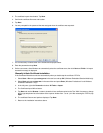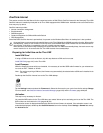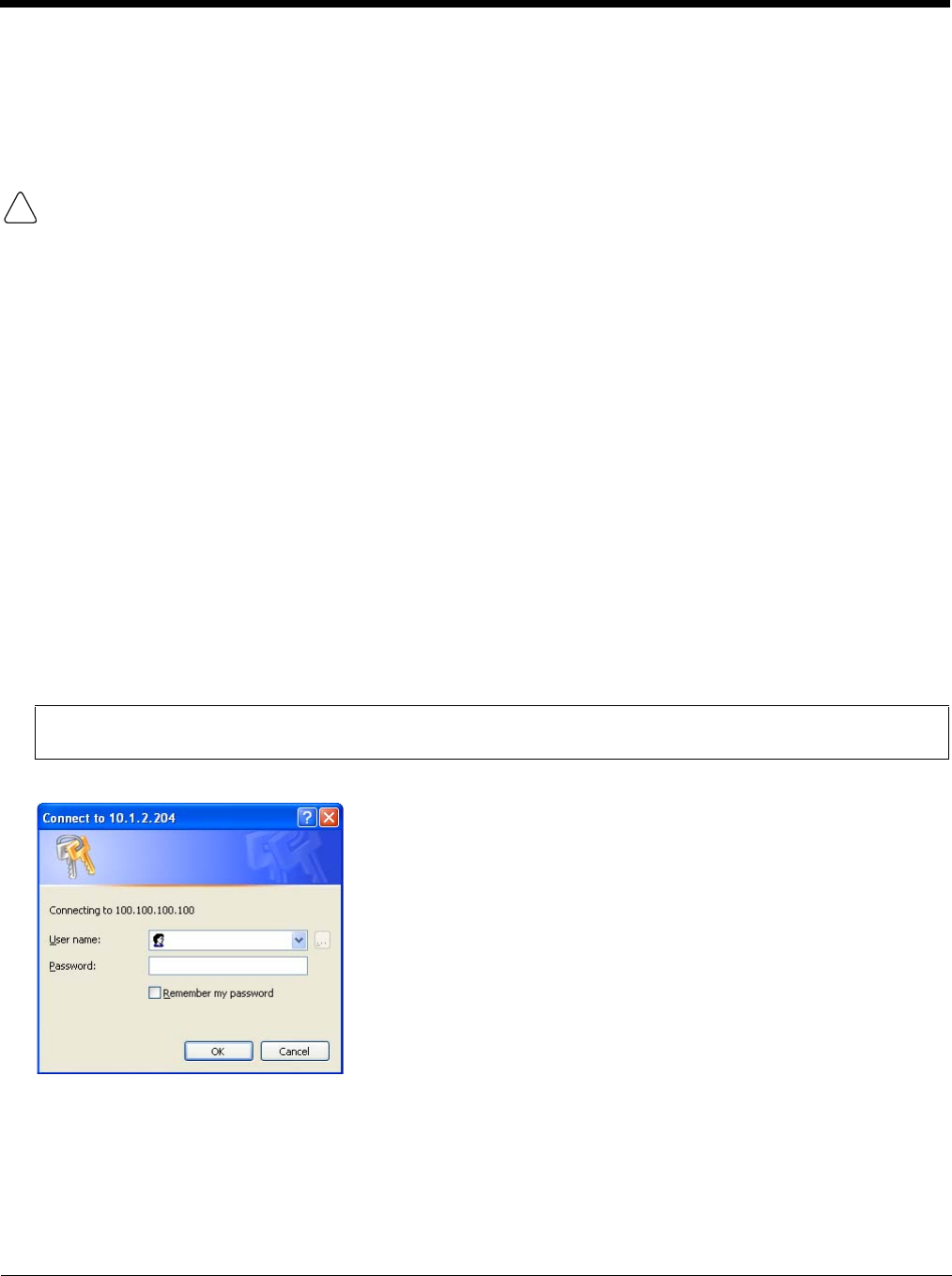
6 - 32
Certificates
Note: Please refer to the Security Primer to prepare the Authentication Server and Access Point for communication.
Note: It is important that all dates are correct on the Thor VM2 and host computers when using any type of certificate. Certificates
are date sensitive and if the date is not correct authentication will fail.
Quick Start
Root Certificates are necessary for EAP-TLS, PEAP/GTC and PEAP/MSCHAP.
1. Generate a Root CA Certificate (page 6-32) either from the Thor VM2 or using a PC.
2. If a PC was used to request the certificate, copy the certificate to the Thor VM2.
3. Install a Root CA Certificate (page 6-34).
User Certificates are necessary for EAP-TLS
1. Generate a User Certificate (page 6-35)either from the Thor VM2 or using a PC.
2. If a PC was used to request the certificate, copy the certificate to the Thor VM2.
3. Install a User Certificate (page 6-37).
Generate a Root CA Certificate
Note: It is important that all dates are correct on the Thor VM2 and host computers when using any type of certificate.
Certificates are date sensitive and if the date is not correct authentication will fail.
The easiest way to get the root CA certificate is to use a browser on a PC or the Thor VM2 to navigate to the Certificate
Authority. To request the root CA certificate, open a browser to
http://<CA IP address>/certsrv.
Sign into the CA with any valid username and password.
If using the Windows Certificate Store, the Windows Account must have a password. The password cannot be left blank.
The Summit Client Utility uses the Windows user account credentials to access the Certificate Store. The Windows user
account credentials need not be the same as the entered in the Summit Client Utility.
Windows 7 Professional and Windows Embedded Standard 7 only:
It may be necessary to use a PC to request a certificate for these devices.
!



